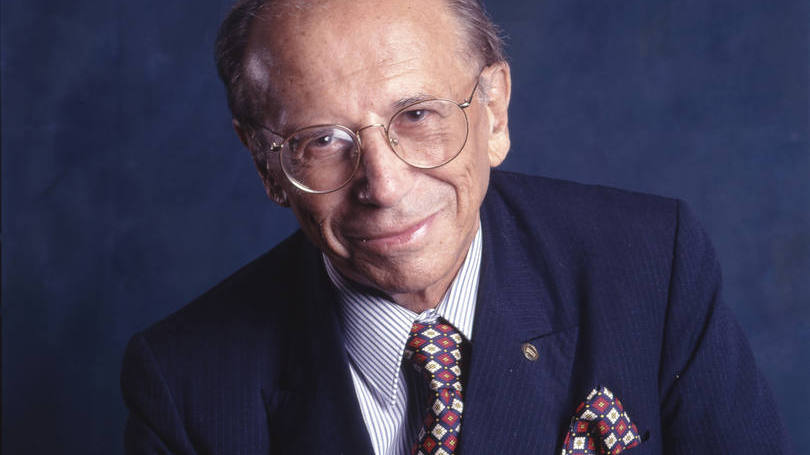Roberto Campos (1917-2001)

One of the most intriguing and fascinating Brazilians I knew. A very able economist, bureaucrat, government minister and ambassador. He did it all.
He started out to be a priest. But he strayed very far from that calling. He was eloquent both of tongue and pen. He was also of a very different temperament and ideology from his contemporaries. Perhaps it was his leaning toward clericalism that saved him from the vices of Marxism, which was so common in post-1960 Brazil.
Roberto was a formidable polemicist. He published regular newspaper columns and a stream of books (I collected them all). He was especially critical of what he thought was the overgrown statist economy he accused the left of favoring. He loved to refer to Petrobrás (the state oil monopoly created by Vargas) as “Petrossauro.” The left returned the compliment by referring to him as “Bobby Fields” (Roberto Campos in English).
It fell to Campos to spearhead the tough anti-inflation program initiated after the coup of 1964 led by President Castelo Branco. The program was highly unpopular but did manage to get the country’s hyper-inflationary economy on track.
In one of my journal articles I echoed the critics of the Campos program. Years later at a dinner party with Campos in London attended by my mother-in-law (she was wife of a high U.K. civil servant and had known Campos during a diplomatic tour in the U.K. years earlier), Campos remarked in an aside that he had been honored to be criticized by someone of “my caliber.” I beamed and had another drink of the excellent wine. It definitely elevated my image with my in-laws.
Campos, despite having been fated to serve under a military regime and having gained considerable unpopularity, served in a highly important role in a highly contentious time.
The last time I was with Roberto was on a forum on Brazilian race relations in Brasilia. I gave my standard talk on what I perceived to be the similarities and differences between the respective cases of Brazil and the United States. I said I didn’t think the American model of affirmative action could be automatically transferred to Brazil.
That got some scattered applause, which prompted an unmistakably hostile comment from a Brazilian academic colleague who accused me of pandering to the audience. These are the perils for a gringo discussing this subject in public.
Never mind.
When I finished, Ambassador Campos gave an eloquent speech acknowledging the many years of racial discrimination in modern Brazil. And he ended by warmly embracing affirmative action for his country.
If a conservative lion of the older elite could say that in the nation’s capitol, I knew the times were a’ changing and I was lucky enough to be there to witness it.
Further Readings
Campos, Roberto. Reflections on Latin American Development. Austin: Published for the Institute of Latin American Studies by the University of Texas Press, 1967.
Campos, Roberto. A nova política economica. Brasilia: Senado Federal, Centro Grafico, 1985.
Campos, Roberto. Reflexões sobre o plano tropical. Brasilia: Senado Federal, Centro Grafico, 1986.
Roberto Campos was born in Cuiabá, Mato Grosso. After studying at Columbia University, he served as economic advisor for the Vargas administration from 1951 to 1953. He also worked as Brazilian ambassador in Washington, D.C. and sought to establish a relationship between the Kennedy government and Goulart’s administration before ultimately resigning due to disputes with the Brazilian government. He later supported the military coup of 1964 and was appointed by Castelo Branco as the Minister of Planning. In 1982, he was elected senator of Mato Grosso and later became federal deputy of Rio de Janeiro in 1991.

